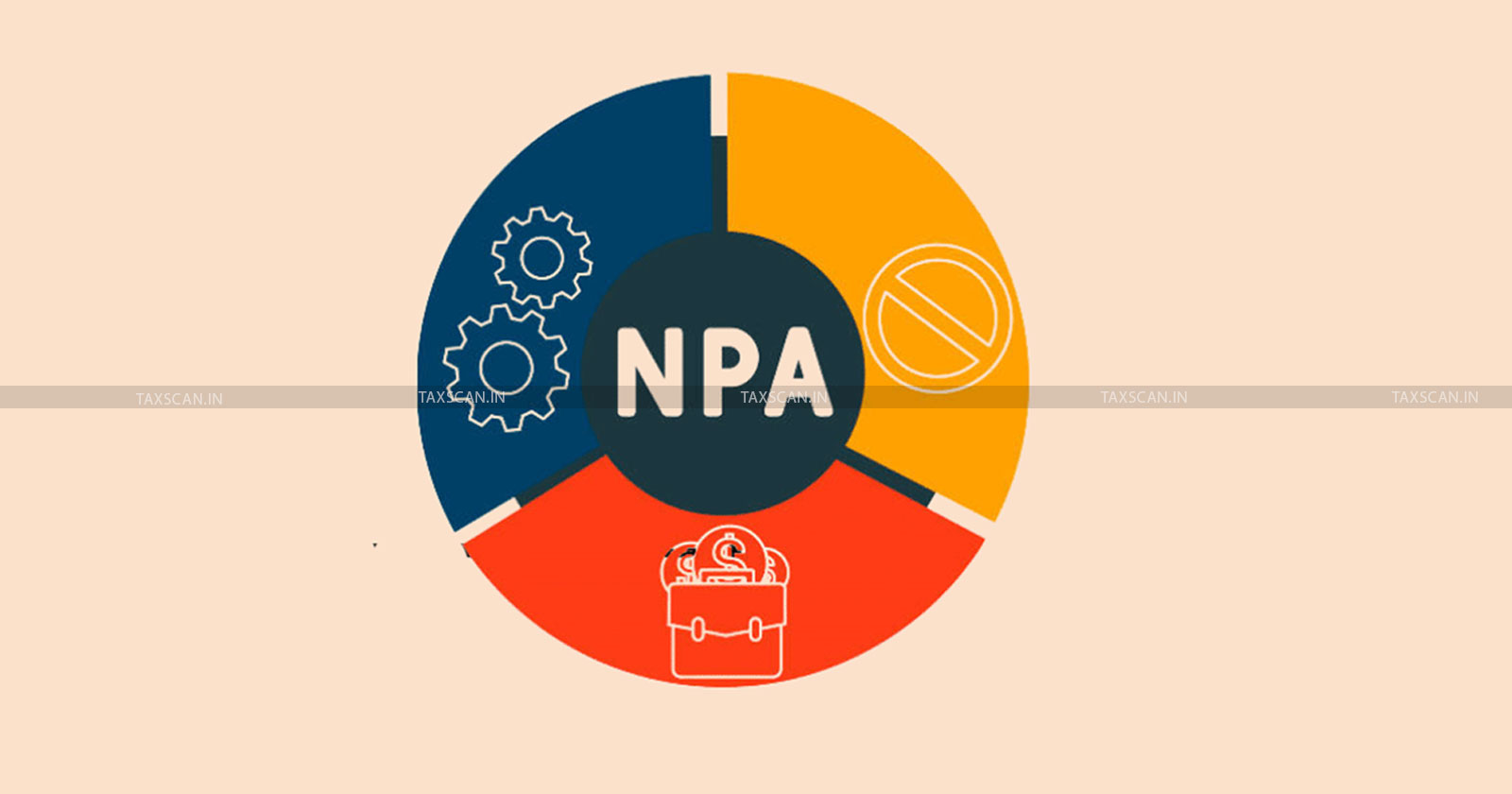Salaried Taxpayer Wins ₹1.46 Lakh Income Tax Penalty Case Despite Misreporting: Here’s How [Read Order]
Salaried taxpayer escapes Rs. 1.46 lakh income tax penalty after proving the consultant’s misreporting and voluntary tax payment
![Salaried Taxpayer Wins ₹1.46 Lakh Income Tax Penalty Case Despite Misreporting: Here’s How [Read Order] Salaried Taxpayer Wins ₹1.46 Lakh Income Tax Penalty Case Despite Misreporting: Here’s How [Read Order]](https://images.taxscan.in/h-upload/2025/08/06/2073465-salaried-taxpayer-income-tax-penalty-income-tax-taxscan.webp)
In a recent ruling, the Pune Bench of the Income Tax Appellate Tribunal (ITAT) provided relief to a salaried taxpayer who was wrongly penalised for underreporting income. The tribunal cancelled a penalty of Rs. 1,46,760 imposed by the Income Tax Department acknowledging that the misreporting was not intentional and had occurred due to the fraudulent actions of a tax consultant.
This case shows the importance of intent in income tax matters and provides clarity on how the law treats unintentional errors made through professional intermediaries.
Background of the Case
The assessee, Sachin Baban Shinde, is a salaried individual working and belongs to a technical background. Like many salaried employees, he relied on a tax consultant to prepare and file his income tax return for the financial year 2017 to 18, corresponding to the assessment year 2018 to 19.
The return was prepared and filed by a consultant named Kishor Patil, who had a practice of handling income tax returns for several salaried professionals from reputed companies such as CEAT, Bosch, HAL, and Mahindra and Mahindra.
In the original income tax return filed by the consultant, the taxpayer’s income was shown as Rs. 4,07,090. The Income Tax Department later found that incorrect and excessive deductions under Chapter VI-A of the Income Tax Act were claimed in this return. These deductions had the effect of hugely reducing the taxpayer’s taxable income and tax liability.
Comprehensive Guide of Law and Procedure for Filing of Income Tax Appeals, Click Here
The department later surveyed Section 133A and discovered that several such returns filed by the same consultant were inaccurate. After this, a notice under Section 148 of the Income Tax Act was issued to the taxpayer on 25 February 2020, asking him to explain the discrepancies.
 Also Read:Loans Qualify as NPAs After 180 Days of Default Under Income Tax Rules, Not 90 Days per NHB Guidelines: Supreme Court Rejects HUDCO’s RP [Read Judgement]
Also Read:Loans Qualify as NPAs After 180 Days of Default Under Income Tax Rules, Not 90 Days per NHB Guidelines: Supreme Court Rejects HUDCO’s RP [Read Judgement]
What sets this case apart is that the assessee had already discovered the problem before receiving any notice from the department. He became aware of the fraudulent filings through discussions with his colleagues who had faced similar issues with the same consultant.
After learning that his income tax return contained errors, the assessee immediately contacted a genuine tax consultant and calculated his correct income and voluntarily paid the full tax along with applicable interest on 28 May 2019.
The window for revising the income tax return had already closed by that time and he could not file a revised return, so he later submitted the corrected details in response to the Section 148 notice. The Assessing Officer accepted this corrected return without making any further changes.
Imposition of Penalty by the Department
Despite the taxpayer’s voluntary compliance, the Income Tax Department proceeded to impose a penalty of Rs. 1,46,760 under Section 270A of the Income Tax Act. This section deals with penalties for underreporting or misreporting of income. The department argued that the misreporting constitutes income concealment and that the revised return was filed only after the Section 148 notice was issued.
The penalty order was upheld by the Commissioner of Income Tax (Appeals) who agreed with the Assessing Officer’s reasoning that the disclosure could not be treated as voluntary because it was submitted after the notice.
 Also Read:Bogus LTCG Addition u/s 68 Not Sustainable: ITAT Validates Demerger-Allotted Shares Transaction Citing Genuineness of Documentary Evidence [Read Order]
Also Read:Bogus LTCG Addition u/s 68 Not Sustainable: ITAT Validates Demerger-Allotted Shares Transaction Citing Genuineness of Documentary Evidence [Read Order]
Arguments by the Taxpayer
The taxpayer challenged the penalty before the Income Tax Appellate Tribunal (ITAT) arguing that the mistake was made entirely by the tax consultant without his knowledge. He submitted that he had trusted a professional to file his return and was unaware of the excessive deductions that had been claimed.
Comprehensive Guide of Law and Procedure for Filing of Income Tax Appeals, Click Here
As soon as he became aware, he paid the correct tax and interest on his own, without any prompting from the tax authorities. He further argued that the timing of the tax payment, which occurred months before the Section 148 notice, proved that he acted in good faith and had no intention of evading tax.
He also submitted that he had lodged a complaint against the tax consultant with the Economic Offences Wing and that many other employees had suffered due to the same fraudulent practices.
Tribunal’s Observations
The two-member bench comprising Manish Borad (Accountant Member) and Vinay Bhamore (Judicial Member) observed that the taxpayer was from a technical background and could not be expected to have expertise in tax laws. The tribunal accepted that he had relied entirely on the consultant and had no knowledge of the wrongful claims made in the return.
The tribunal observed that the taxpayer had deposited the full amount of tax and interest well before receiving the notice under Section 148 of the Income Tax Act. The tribunal stated that the law allows for penalties in cases of misreporting but it must also consider whether there was any fraudulent intent or willful concealment on the part of the taxpayer.
The tribunal pointed out that the revised income had been accepted by the department without dispute and that the payment was made out of a sense of responsibility. The tribunal ruled that this was not a fit case for imposing a penalty under Section 270A of the Income Tax Act.
The Ruling
The ITAT allowed the appeal filed by Mr. Shinde and directed the Assessing Officer to delete the penalty of Rs. 1,46,760. The tribunal held that the taxpayer had acted in a bona fide manner, had made timely payment of taxes, and had no intention to mislead or evade the law.
This decision is an important reminder that the Income Tax Department must consider the taxpayer’s intent and conduct before imposing penalties. It also shows the importance of using qualified and reliable tax professionals, as mistakes by consultants can still affect the taxpayer.
Support our journalism by subscribing to Taxscan premium. Follow us on Telegram for quick updates


